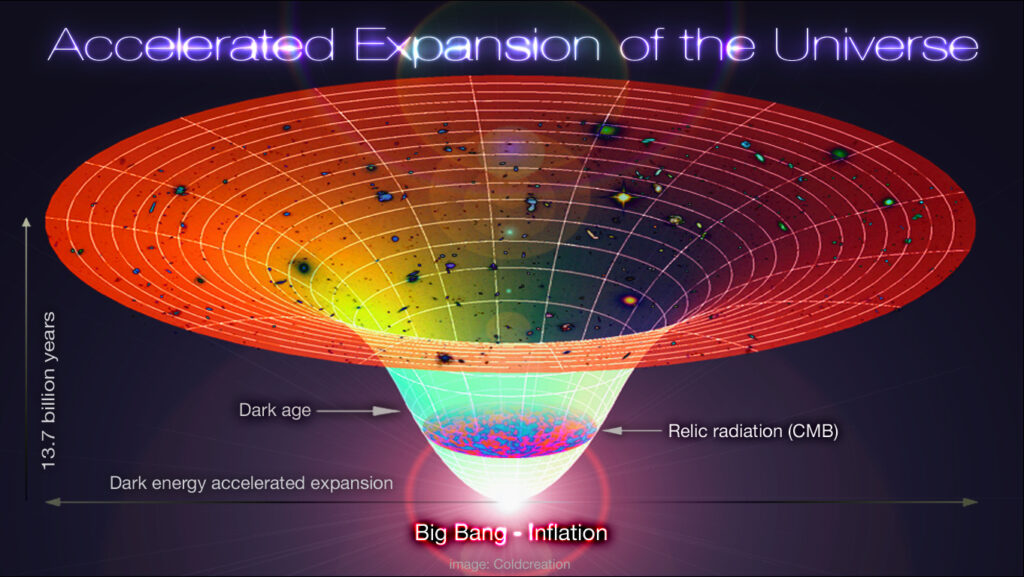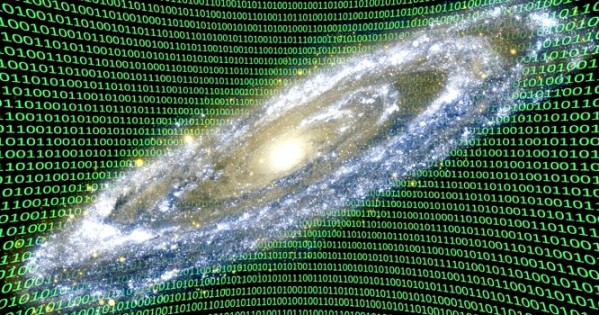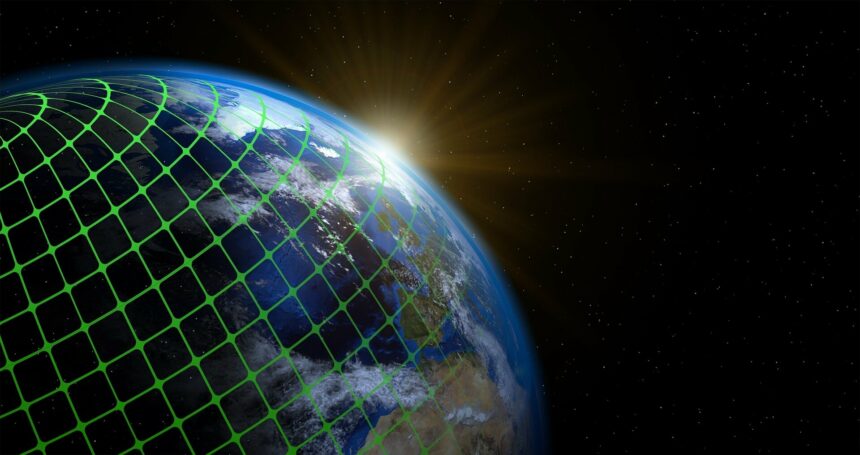Could our universe be a meticulously designed computer simulation where everything, from galaxies to life forms, is the product of complex coding? The simulated universe theory suggests just that, proposing that our physical laws are algorithms, and our experiences are generated by an advanced computational system.

This speculative idea has captivated the imagination of scientists and philosophers, leaving its mark on popular culture, as seen in films like “The Matrix.” The notion of reality as an illusion is not new, with its roots traced back to ancient Greek thinkers like Plato, who considered the true reality to be beyond the physical world.
In recent times, this concept has evolved into a modern philosophy, suggesting that our reality is a simulated construct, thanks to advancements in computing and digital technologies. This concept has piqued scientific interest, with some researchers exploring the possibility of glitches or patterns that could reveal the simulated nature of our universe.
In a 2022 study, a potential experiment was proposed, drawing on information theory, a field that quantifies, stores, and communicates information. This study introduced the second law of infodynamics, a new physics law, which appears to support the simulated universe theory.
At its core, the second law of infodynamics deals with entropy, a measure of disorder that typically increases over time in a closed system. This law suggests that “information entropy” must either remain constant or decrease over time, reaching a minimum at equilibrium. It challenges the second law of thermodynamics and has profound implications, from genetics and biology to physics, mathematics, and cosmology.
This law hints at the optimization of information content in the universe, aligning with observations in digital data, biological systems, mathematical symmetries, and the cosmos as a whole. It raises questions about the nature of our reality and the possibility that our universe is a simulation run on a cosmic computer.

While further research is needed to establish the second law of infodynamics as a fundamental law of the universe, it offers a new perspective on the simulated universe hypothesis. These theories challenge our understanding of reality and prompt us to explore the fascinating notion that our universe might indeed be a grand simulation. The quest to unveil the truth about our existence continues, driven by these groundbreaking concepts.








